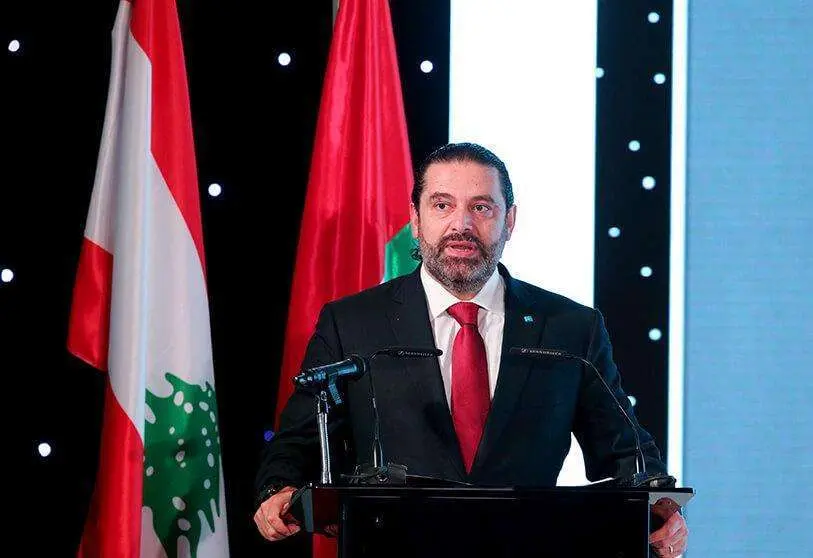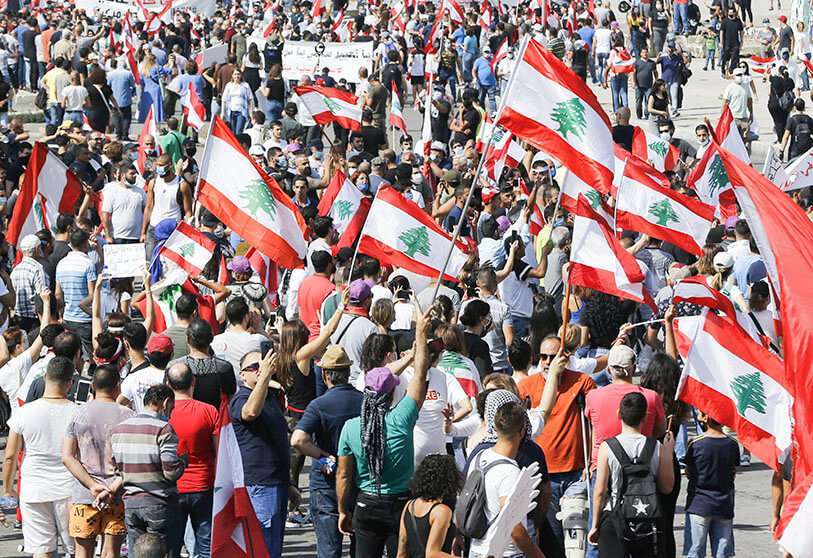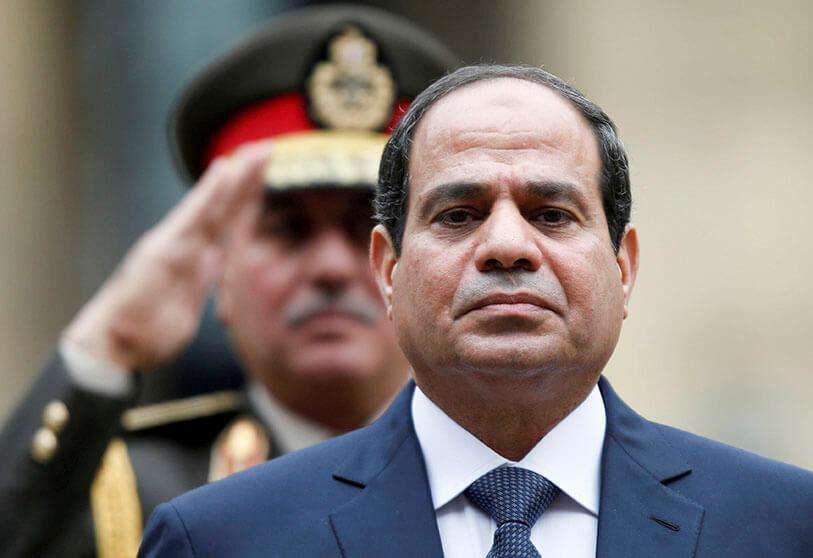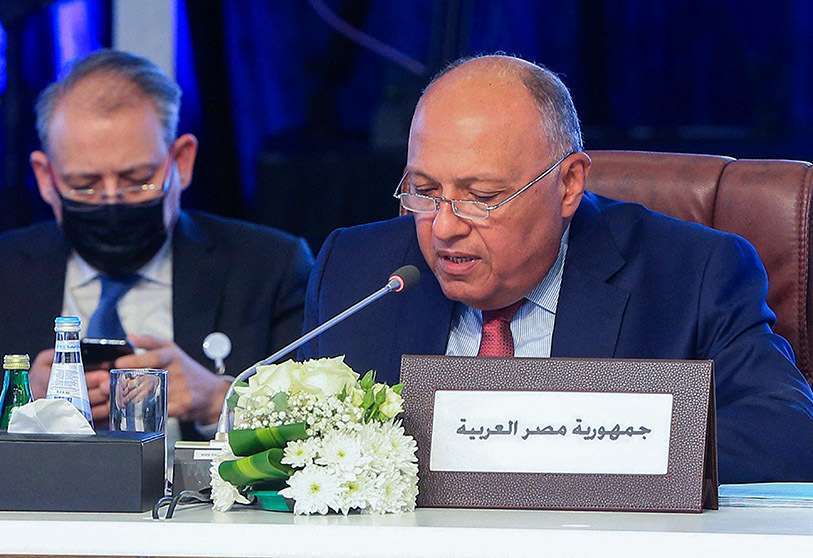Last chance to reach a government agreement in Lebanon

Lebanon has long been a cocktail waiting to explode. The pressing economic crisis and the inability of the Lebanese political class to form a new government now come together with the arrival of a critical date for Lebanese society: the anniversary of the Beirut port explosion. As the day draws near, the population has taken to the streets to demand accountability for the explosion.
Over the past few days, clashes between the victims' relatives and the security forces have been taking place outside the residence of the acting interior minister, Mohamad Fahmi. Demonstrators outside the residence of the prime minister, who last week denied a request by the judge investigating the blasts to question the head of the country's security services, Abbas Ibrahim, demanded that the authorities make progress in the investigations.

The Beirut port explosion last August sparked a wave of anti-government protests that led to the resignation of Lebanese Prime Minister Hasan Diab and his entire cabinet. Since then Lebanon has been unable to form a new government. Saad Hariri was appointed prime minister and is charged with forming a new government, no easy task. Hariri and Lebanese President Michel Aoun have been unable to agree on a ministerial portfolio.
The last meeting between Prime Minister Hariri and President Aoun took place on 22 March, and the two leaders again demonstrated their inability to reach an agreement. Aoun, together with the Free Patriotic Movement, is demanding the appointment of Christian ministers in the government and raising their number to 20, allowing for a one-third blockade in favour of the president. For his part, Hariri insists on a government of specialists based on the French initiative and the tacit support of some forces in the country, such as the Amal Movement.

Faced with Aoun's rejection of his initial proposal of 18 ministers, the Lebanese prime minister agreed to increase the number to 24, as well as to reach an agreement on the interior portfolio. But even so, the Lebanese president continues to demand the appointment of ten ministers, making it difficult to reach a government agreement. In the face of this political deadlock, Hariri has made a lightning trip to Egypt to seek the North African country's support.
The Lebanese prime minister travelled to Cairo where he held a meeting with the Egyptian president, Abdel Fattah al-Sisi. Al-Sisi urged Lebanese political parties to "put the supreme interest of the country before individual interests". The Egyptian president also reaffirmed "Egypt's full support for Hariri's political path, which aims to restore stability in Lebanon".

For his part, Hariri praised Cairo's "persistent" efforts to support Lebanon "at all levels", "and especially at the political and economic level". He stressed the importance of strengthening the "historic relations" between the two countries, and thanked Egypt for "its essential role as a pillar of stability throughout the Arab world". In addition, the Lebanese prime minister met with Egyptian Foreign Minister Sameh Shoukry, who declared Egypt's support for Lebanon's "exit from the current situation, and the need for all Lebanese parties to prioritise Lebanon's best interests above all other interests".
After his visit to Egypt, Hariri went directly to Baabda for a half-hour meeting with President Aoun, to whom he presented a new version of the 24-ministerial portfolio. After his meeting with the Lebanese president, Hariri said that "the moment of truth has arrived". The Lebanese prime minister confirmed that he expects a response to his proposal by Thursday, "so that I can act accordingly", in case it is rejected again, Hariri has considered resigning after eleven months of political deadlock.

Lebanon's inability to form a government has further exacerbated the country's economic crisis. The establishment of a cabinet is crucial to implement reforms, a sine qua non for international aid that could provide a source of relief for a deep crisis marked by hyperinflation, impoverishment of half the population and shortages of basic necessities.
In this context of international diplomatic pressure, French Foreign Minister Jean-Yves Le Drian announced that a "consensus" had been reached among EU member states to put in place "before the end of the month a legal framework of sanctions against Lebanese officials accused of involvement in the political deadlock".








